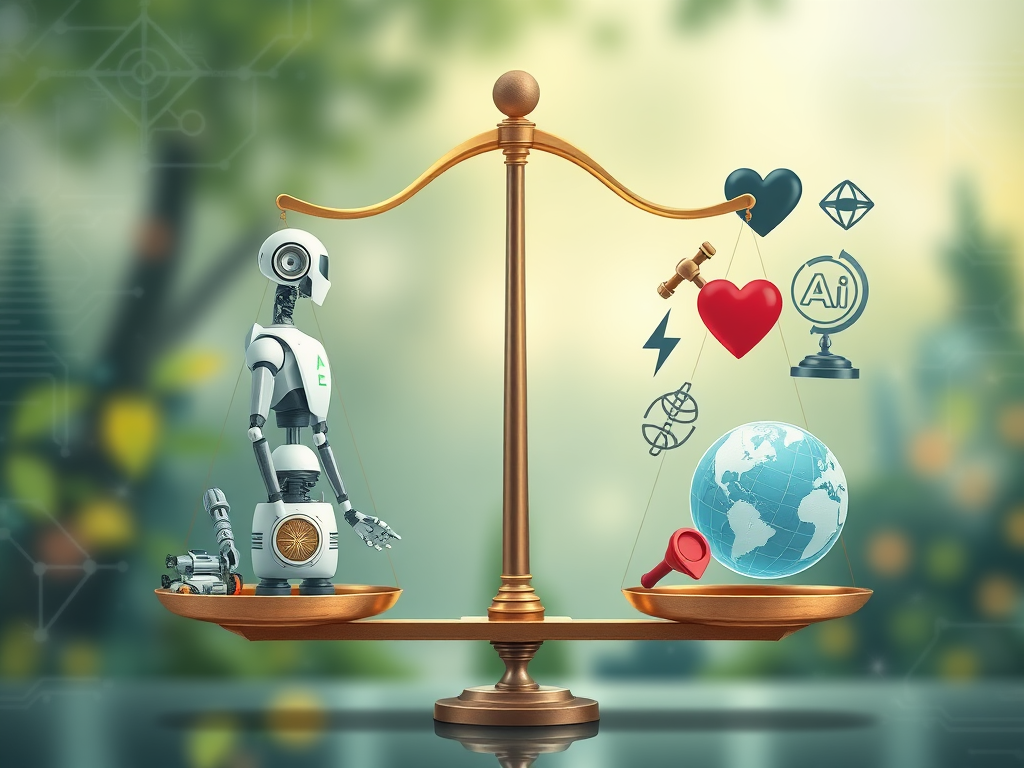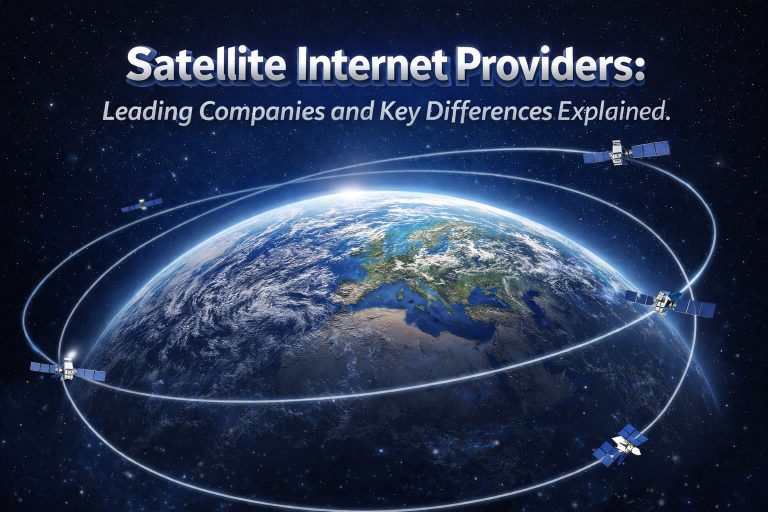
As artificial intelligence (AI) continues to grow and become an integral part of our daily lives, it’s crucial to consider the ethical issues that accompany its development. Finding a balance between innovation and responsibility is essential to ensure that AI technologies benefit everyone in a positive and equitable manner.
The Promise of AI
AI has the potential to transform a wide range of industries, boost productivity, and improve the quality of life for many people. For instance, in healthcare, AI can help doctors predict patient outcomes, assist in diagnostics, and personalize treatment plans. In business, AI can optimize operations, enhance customer experiences, and drive innovation. However, along with these exciting benefits come important responsibilities. The rapid pace of AI advancement raises critical ethical questions that need to be addressed.
Key Ethical Concerns
1. Bias and Fairness
One of the most pressing issues in AI is bias. AI systems learn from historical data, which may include biases present in society. If these biases go unchecked, AI can perpetuate unfair treatment of certain groups, leading to discriminatory outcomes. For example, AI used in hiring processes may favor candidates from specific demographics over others, simply because of biased data. Ensuring fairness in AI is vital, particularly in sensitive areas such as hiring, law enforcement, and lending. Developers need to actively work to identify and mitigate these biases to create equitable systems.
2. Transparency and Explainability
Many AI models, particularly those based on deep learning, operate as “black boxes.” This means it can be challenging to understand how they arrive at specific decisions. Transparency is crucial for accountability. If users and stakeholders cannot comprehend how an AI system makes decisions, they may be hesitant to trust its outcomes. Clear explanations of AI processes can help build trust, allowing users to understand the reasoning behind decisions, especially in high-stakes situations like medical diagnoses or legal judgments.
3. Privacy and Data Protection
The use of personal data in training AI models raises significant privacy concerns. Individuals often do not fully understand how their data is being used or the potential risks involved. Striking a balance between leveraging data for AI innovation and protecting individuals’ privacy rights is essential. Regulations, such as the General Data Protection Regulation (GDPR) in Europe, aim to safeguard personal data and ensure that organizations handle it responsibly. Companies must prioritize data protection and be transparent about their data practices.
4. Accountability
As AI systems become more autonomous, the question of accountability becomes more complex. If an AI makes a mistake or causes harm, who is responsible? Is it the developer, the organization using the AI, or the AI itself? Establishing clear guidelines for accountability is crucial to ensure that ethical considerations are taken seriously. Organizations need to create frameworks that define responsibilities and consequences for AI-related incidents.
5. Job Displacement
AI has the potential to automate many tasks, which could lead to job displacement for certain workers. While AI can create new job opportunities, it can also render some roles obsolete. This shift raises concerns about economic inequality and the future of work. To address these issues, it’s important to invest in education and training programs that prepare workers for the changing job landscape. Upskilling and reskilling initiatives can help individuals transition into new roles created by AI advancements.
Promoting Ethical AI Practices
To foster responsible AI innovation, several strategies can be implemented:
1. Ethical Guidelines and Frameworks
Organizations should adopt ethical guidelines that prioritize fairness, accountability, and transparency in AI development. These frameworks can provide a roadmap for navigating complex ethical dilemmas and help ensure that AI technologies are designed with ethical considerations in mind.
2. Interdisciplinary Collaboration
Bringing together ethicists, technologists, policymakers, and community representatives can create a more holistic approach to AI development. Diverse perspectives can help identify potential ethical pitfalls and generate innovative solutions. By collaborating across disciplines, stakeholders can work together to address the multifaceted challenges that AI presents.
3. Continuous Monitoring and Assessment
AI systems should undergo ongoing evaluation to ensure they operate as intended and do not develop harmful biases over time. Regular audits and assessments can help maintain accountability and provide insights into how AI systems are performing. This proactive approach can identify issues early and allow for timely interventions.
4. Public Engagement and Education
Engaging the public in discussions about AI ethics can enhance understanding and foster trust. Transparency about AI’s capabilities and limitations can help mitigate fears and misinformation. Educational initiatives can empower individuals to understand AI technologies better, enabling them to participate in conversations about their ethical implications.
5. Regulatory Oversight
Governments and regulatory bodies should establish clear guidelines and regulations for AI development and use. Effective oversight can help ensure that ethical standards are met and that AI technologies are deployed responsibly. Collaboration between industry and regulators can lead to the creation of balanced policies that encourage innovation while protecting societal interests.
Conclusion
The ethical landscape of AI is complex and constantly evolving. As we harness the transformative power of AI, it is vital to prioritize ethical considerations to ensure that innovation does not come at the expense of responsibility. By fostering a culture of ethical awareness and proactive engagement, we can guide the development of AI technologies that benefit society as a whole. Striking a balance between innovation and responsibility is not just a challenge; it is an opportunity to create a future where AI enhances human potential while upholding our shared values.
In the end, the goal should be to create AI systems that not only push the boundaries of technology but also respect human dignity, promote fairness, and contribute to a better world for all.







